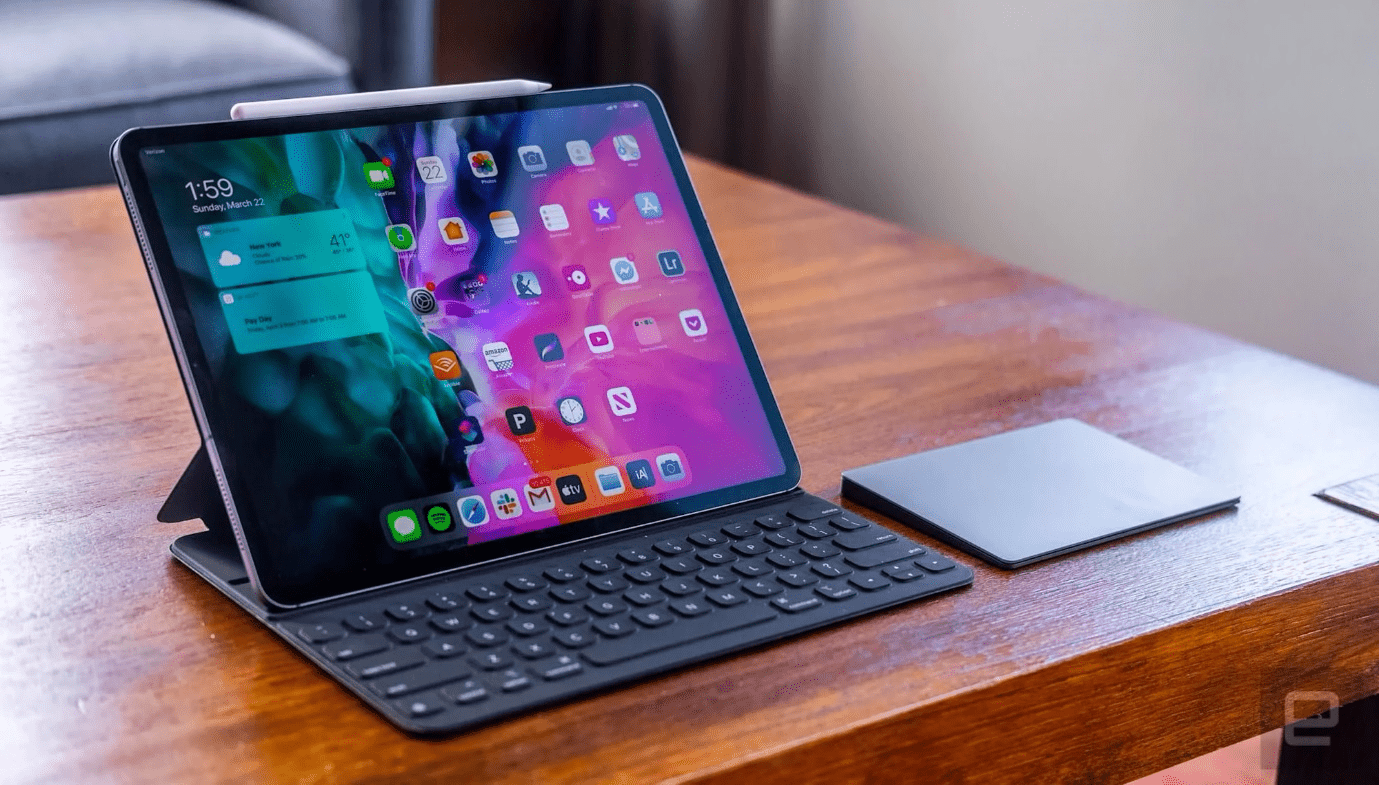
Why Skills-First Leadership Is Replacing the Ivy League Playbook in the C-Suite
The old prestige pyramid—where Ivy League degrees and blue-chip consulting backgrounds paved the way to the CEO seat—is cracking.

April 30, 2021: -After a shockingly strong quarter in which Apple revenue increased 54% to sales of around $90 billion, with double-digit growth in every product category, Wall Street is already asking if Apple can keep it up through the remaining of the year.
But it turns out Apple is dealing with the same microchip shortage that has snarled companies and industries worldwide, despite its legendary operations group, built by CEO Tim Cook, which locks important components in for years at competitive prices.
On Wednesday, Apple said that it expected its third-quarter sales to be around $3 billion to $4 billion less than it could be if it didn’t have supply issues, mainly for its iPad tablets and Mac laptops and desktops.
Cook said Apple’s issue was in “legacy node” chips that use older manufacturing methods compared to the bleeding-edge high-performance chips that are the soul of their devices.
Which parts were in short supply is still unclear. Still, Apple buys many legacy node chips to transmit data to displays, deliver power to cameras, decode audio, and manage batteries.
“Most of our issue is on licensing those legacy nodes; there are many different people not only in the same industry but across other industries that are using legacy nodes,” Cook said.
In the end, Apple struck an optimistic note, especially comparing the companies in other industries like autos, warning about chip shortages for months. For example, On Wednesday, Ford said that it would lose half of its second-quarter production because of the microchip shortage.
Apple emphasized that part of its forecasting supply shortages in the current quarter is due to the demand. iPad sales rose 79%, and Mac sales rose 70% in the latest quarter, so many people want to buy them.
Suppose there is a company that is built to weather supply chain challenges related to chips. In that case, Apple, which buys massive amounts of components each year, is an important enough client to prioritize chip manufacturers and designers.
One reason for Apple’s blowout second quarter is that it did not face any supply shortages in that period, Cook said, attributing it to its supply chain expertise.

The old prestige pyramid—where Ivy League degrees and blue-chip consulting backgrounds paved the way to the CEO seat—is cracking.

Loud leaders once ruled the boardroom. Charisma was currency. Big talk drove big valuations.

But the CEOs who make history in downturns aren’t the ones with the deepest cuts

Companies invest millions in leadership development, yet many of their best executives leave within a few years. Why?

The most successful business leaders don’t just identify gaps in the market; they anticipate future needs before anyone else.

With technological advancements, shifting consumer expectations, and global interconnectedness, the role of business leaders

The Fort McMurray First Nation Group of Companies is the wholly owned business entity of Fort McMurray 468 First Nation. It was established in 1987 as Christina River Enterprises, and the organization rebranded as FMFN Group in 2021. Providing Construction, Custodial, Petro-Canada Fuel & Convenience Store, and Transportation services to a broad portfolio of customers, the Group of Companies is creating financial stability and prosperity for the Nation.

Maushum Basu is a visionary leader who inspires his team with a clear, compelling purpose. Unafraid to take calculated risks, he understands that growth often stems from change and innovation. His deep commitment to both Airia Brands, Inc.

When speaking with Martin Paquette, one thing is immediately apparent: he’s honest. His transparency is refreshing. While many shy away from such vulnerability, Paquette sees it as a force to reckon with. The incredible emotional intelligence speaks to years of looking within—it’s also what allows him to acknowledge his mistakes gracefully and use them as opportunities to innovate.

Marina Charriere, CEO of Star Drug Testing Services, Star Drug Testing Services (Windsor Park), and First Defence Face Masks go hand in hand. Star is a drug and alcohol testing facility, and First D F M is a face mask company.

Leave us a message
Subscribe
Fill the form our team will contact you
Advertise with us
Fill the form our team will contact you